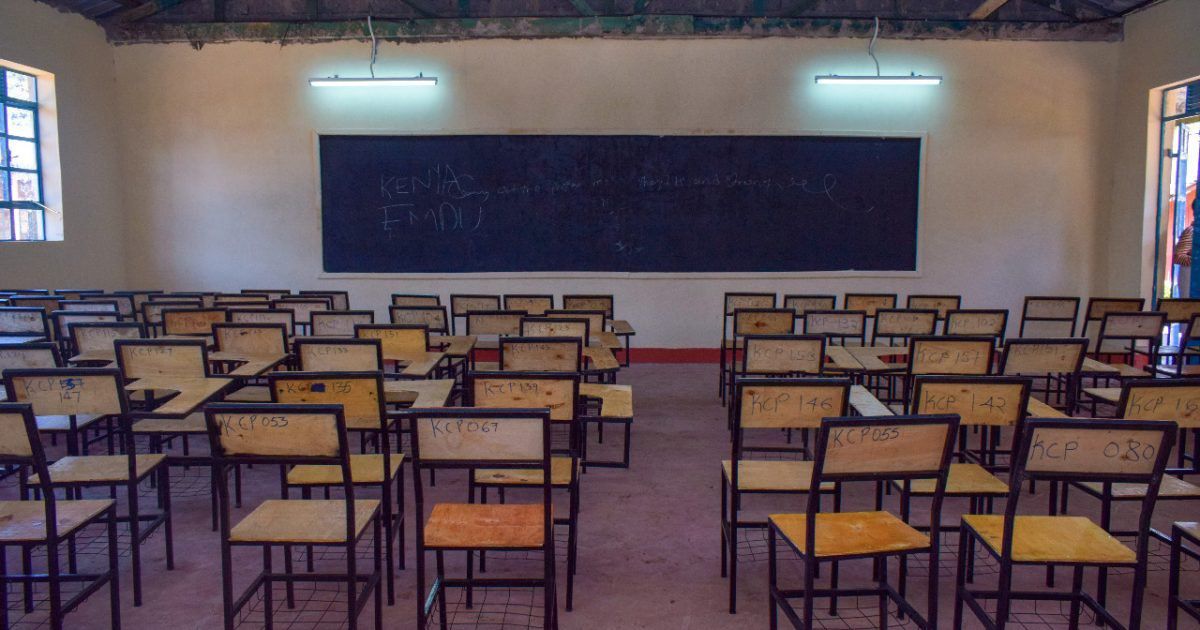For years, since the emergence of AI, people have worried about losing their jobs to machines. From factory workers replaced by robots to bank tellers replaced by ATMs, technology has constantly reshaped employment.
Now, artificial intelligence (AI) is moving into spaces once thought untouchable, including the classroom. Parents, students, and teachers are beginning to ask: Will AI replace teachers too? And if it does not replace them, how will it transform teaching in Nigeria and globally?
What AI Can Do That Teachers Cannot
The reason people fear that AI will replace teachers is simple: the technology has powerful abilities that even the most experienced teacher cannot match.
-
24/7 availability: A student can open a chatbot at midnight and ask for help with a tricky maths question. Unlike teachers, AI does not need rest. This “always-on” feature makes learning possible beyond classroom walls.
-
Personalised learning: AI in education adapts to each student’s level. A struggling student can work on easier exercises, while a faster learner moves on to more challenging problems. Human teachers with large classrooms often struggle to provide such tailored learning.
-
Instant grading and assessment: AI teaching tools can mark hundreds of assignments in seconds, provide feedback, and save teachers hours of repetitive work.
-
Data analysis: AI can track how students perform over time, spotting patterns and weaknesses. A teacher may need weeks to notice a child’s drop in performance, while AI highlights it immediately.
-
Administrative support: Attendance sheets, report cards, and lesson summaries can all be automated. Teachers are freed from paperwork that normally drains their time.
These advantages explain why schools and governments are experimenting with AI in education. However, the question remains: will teachers become irrelevant?
What Teachers Can Do That AI Cannot
Despite its capabilities, AI has its limitations. And those limits highlight why teachers remain indispensable.
-
Emotional intelligence: Teachers motivate, comfort, and encourage students. No matter how advanced, AI cannot understand a child’s frustration or provide a reassuring smile.
-
Classroom management: Nigerian classrooms can be noisy and unpredictable. It takes authority, humour, and human instinct to manage a group of restless students, something AI cannot replicate.
-
Cultural understanding: Teachers bring lived experiences into the classroom. They know the jokes, references, and social realities that students relate to. AI tools, often built outside Africa, struggle with this context.
-
Critical thinking and creativity: AI gives answers. Teachers ask questions that prompt students to think more deeply, engage in debates, and apply their knowledge to real-life situations.
-
Mentorship and life skills: Beyond academics, teachers guide students in career decisions, teach values, and inspire dreams. These are human tasks AI cannot perform.
So, while AI may handle tasks more efficiently, it cannot replace the human role of guiding hearts and minds.
How Teachers and AI Can Work Together
Instead of worrying about job loss, teachers can learn to see AI as a teaching partner. When used wisely, AI makes the classroom more efficient and engaging.
-
Lesson planning: Teachers can use AI tools to generate ideas for teaching methods, design quizzes, and structure class activities faster.
-
Engagement tools, such as AI-powered platforms like Quizlet and interactive games, can make learning more engaging for students.
-
Tracking progress: Instead of manually entering scores, teachers can rely on AI analytics to quickly identify students who are struggling and offer them extra support.
-
Teaching materials: AI can provide summaries, explanations, or examples that teachers adapt to fit local realities.
By combining the efficiency of AI with the empathy of teachers, education can become more balanced.
Risks of Relying Too Much on AI in Education
While AI can support teachers, it also brings real concerns.
-
Overdependence: Students may rely on AI for answers instead of developing their problem-solving skills.
-
Accuracy: AI sometimes provides wrong or misleading information, which can confuse learners.
-
Job security: If schools view AI as a cheaper alternative, they may attempt to reduce the number of teachers, raising concerns about unemployment.
-
Equity challenges: Many Nigerian schools lack electricity or reliable internet. Students in rural areas risk being left behind if education depends too heavily on AI.
These risks highlight why teachers remain at the centre of education, even as AI spreads.
How Teachers Can Stay Relevant in the AI Age
The biggest concern should not be whether AI will replace teachers, but how teachers can adapt to remain valuable.
-
Focus on soft skills: Communication, empathy, and mentorship are qualities no AI can copy. Teachers who emphasise these will always be needed.
-
Learn edtech tools: Nigerian teachers should embrace AI teaching tools, not avoid them. By becoming skilled at using AI, teachers show their continued relevance.
-
Blend teaching styles: Instead of rejecting AI, teachers can mix traditional methods with digital tools, creating a richer classroom experience.
-
Encourage critical thinking: Teachers should guide students to use AI wisely, checking facts, asking questions, and building creativity instead of copying answers.
Teachers who embrace change will remain pillars of the future of education. Those who resist may risk falling behind.
RELATED: Google Report: How Nigerian students are turning to AI for success
Global and Nigerian Perspectives
So, Will AI Replace Teachers in Nigeria?
>

